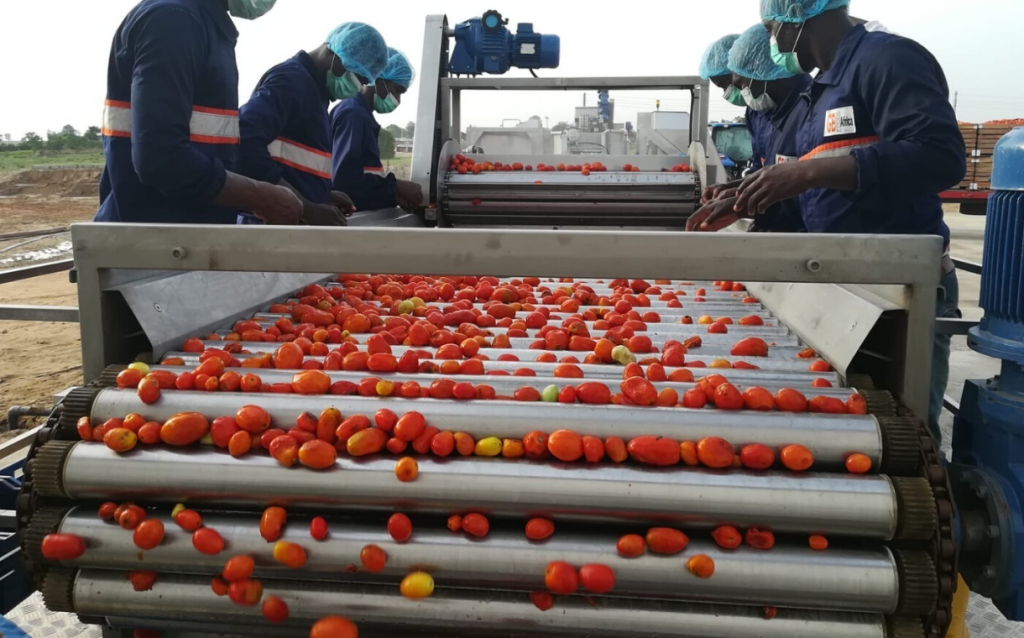In an effort to address Nigeria’s reliance on imports and bolster its domestic food processing capabilities, food processors have reportedly invested a total of N23.8 billion in the country, marking a significant step towards self-sufficiency.
One notable investment comes from GB Foods, which recently launched a state-of-the-art tomato processing plant in Kebbi State with an investment of N20 billion. Spanning 1,500 hectares of land, the plant features a 620-metric-tonnes-per-day processing capacity and has created 2,000 jobs, with plans to double the workforce in the future expansion phase. This investment aims to reduce the country’s importation of tomato paste, with the plant capable of processing 226,300 metric tonnes of tomatoes annually, contributing to closing the gap between local demand and production.

Despite being one of Africa’s largest tomato producers, Nigeria faces challenges in meeting local demand due to significant post-harvest losses, a lack of storage facilities, and reliance on imports. GB Foods’ investment is expected to play a crucial role in bridging this demand-supply gap and reducing the country’s annual import bill of N16 billion for tomato paste.
Similarly, ReelFruit has commissioned a $2.5 million (N3.8 billion) dried fruit processing factory in Ogun State, further enhancing Nigeria’s agricultural sector and empowering local farmers. With a processing capacity of 800 metric tonnes, the plant is poised to reduce post-harvest losses and contribute to the availability of healthier dried fruit options on the market.
The investments by GB Foods and ReelFruit signify a growing commitment to strengthening Nigeria’s food processing industry, addressing import dependency, and promoting agricultural growth. With improved processing capabilities and increased domestic production, Nigeria is poised to enhance food security, create employment opportunities, and reduce its reliance on imported food products.


